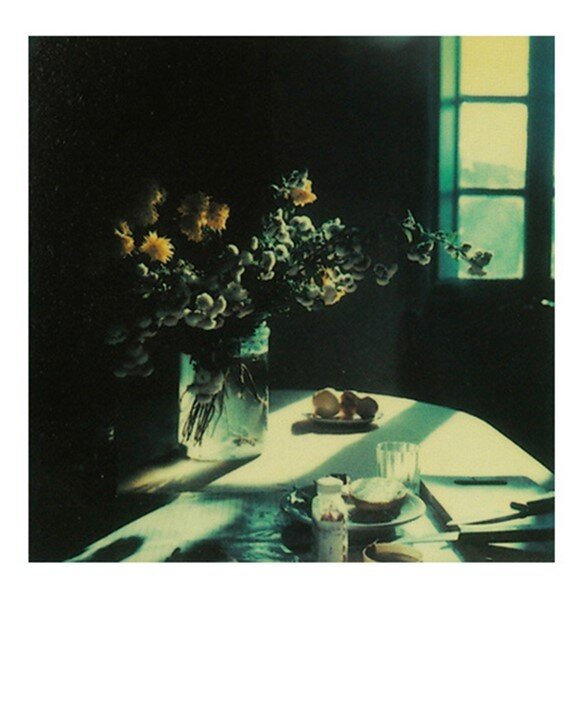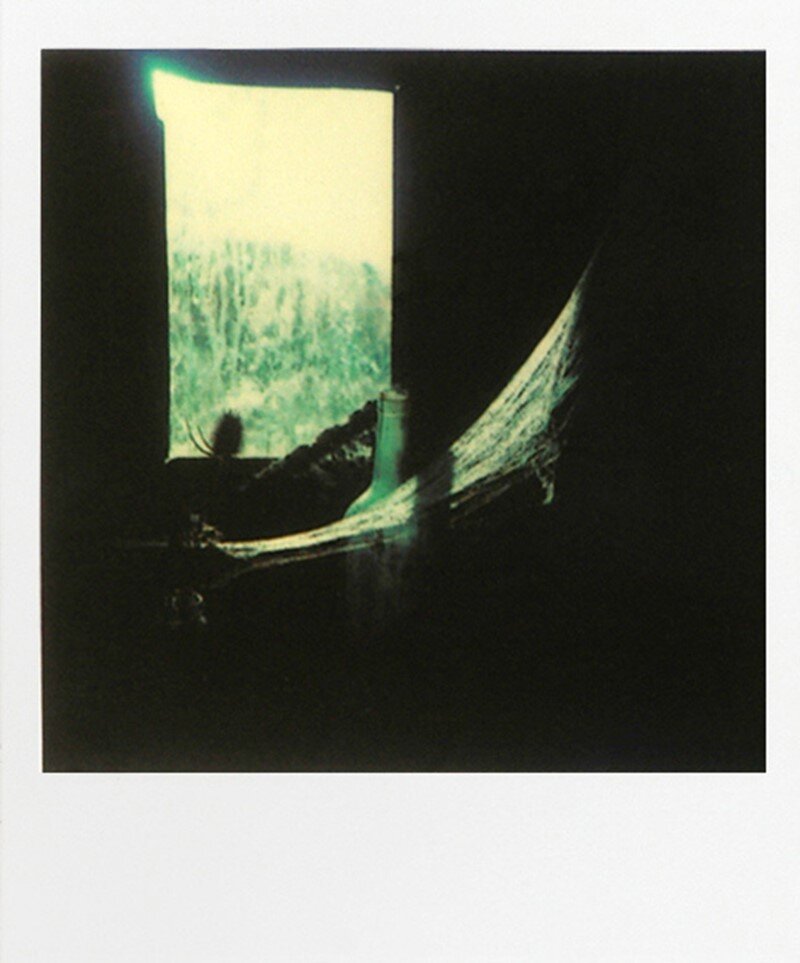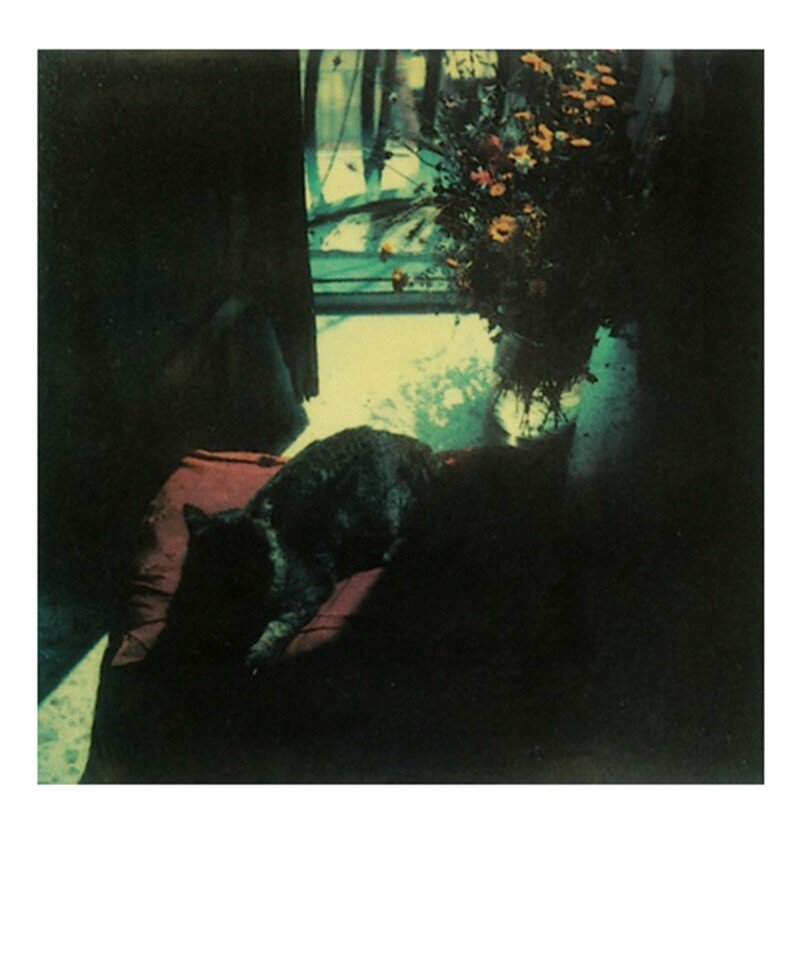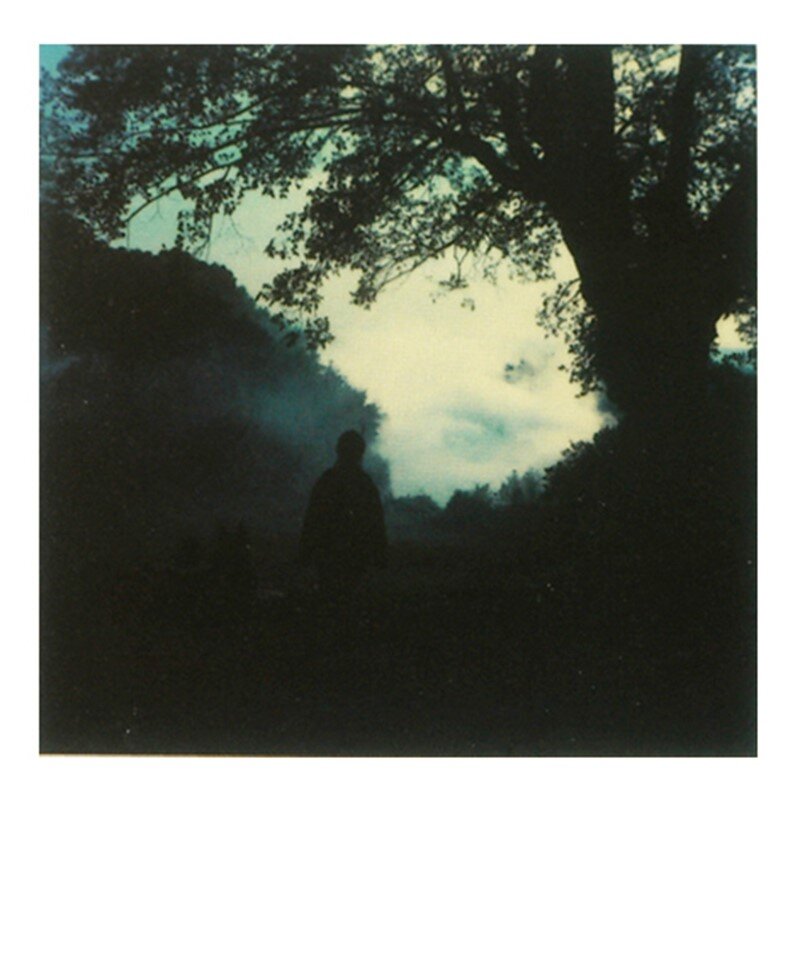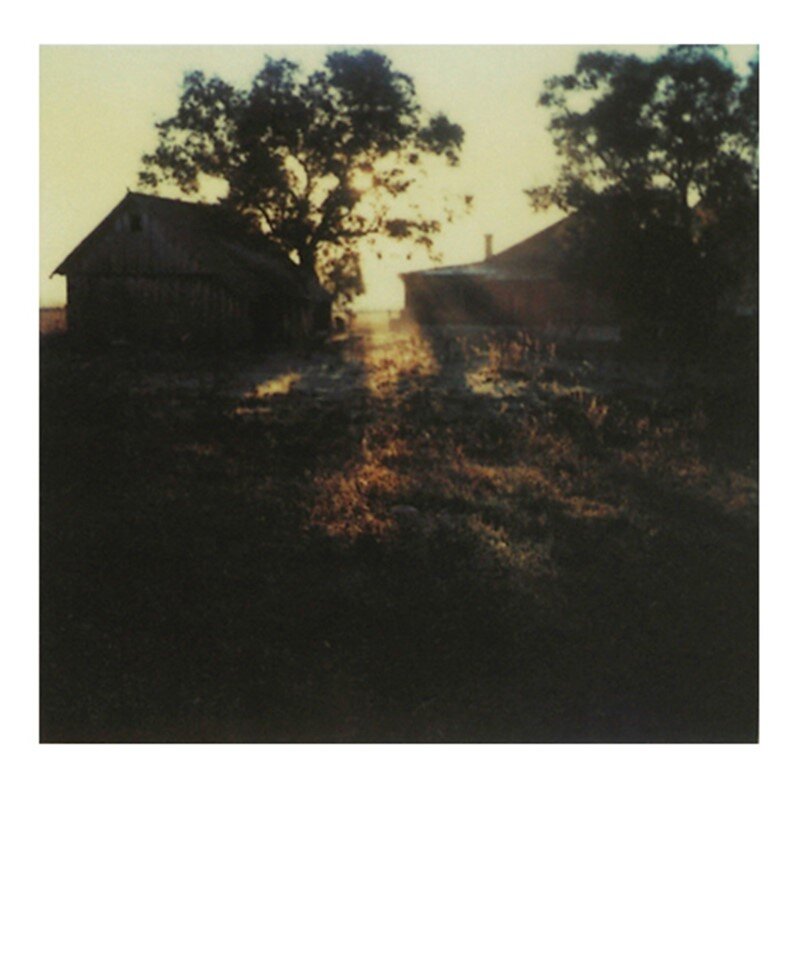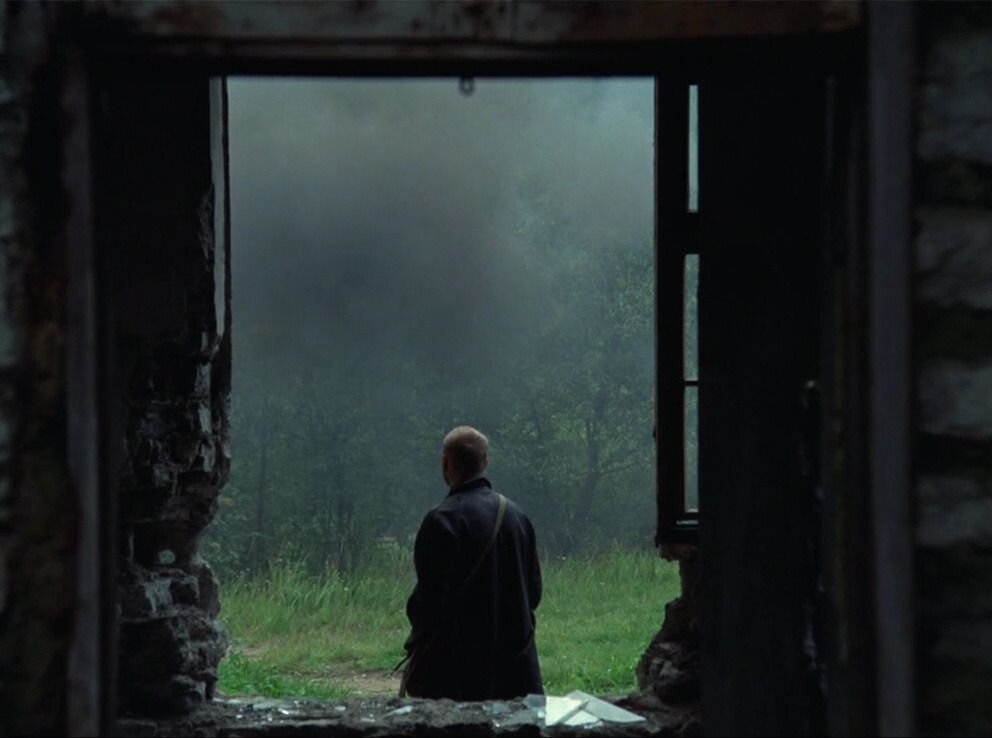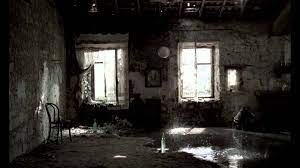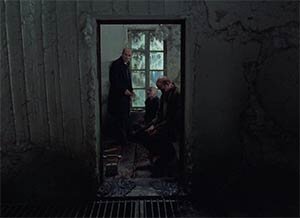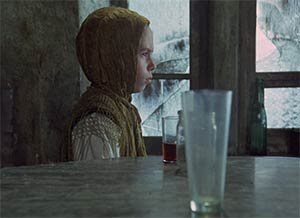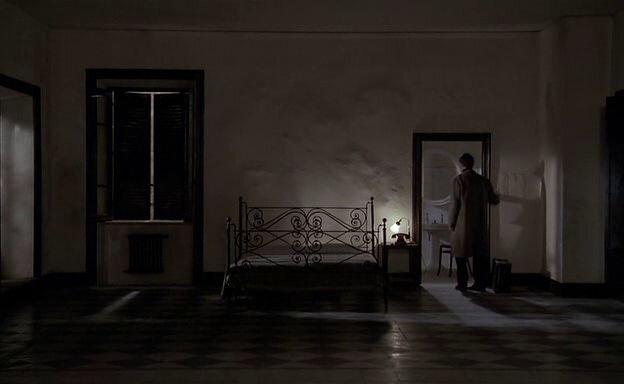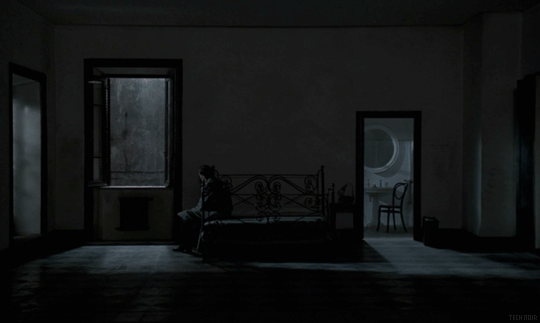Andrei Tarkovsky - capturing nostalgia
Tarkovsky
Russian filmmaker Andrei Tarkovsky (4 April 1932 – 29 December 1986), active in Soviet Russia and later on emigration, is widely considered to be one of the most influential artistic voices in the history of cinema. His movies are ones of most quiet out there, atmospheric, surreal, slow burning and rather apocalyptic. There’s a looming sense of being doomed.
Here are some quotes from Andrey Tarkovsky “Sculpting in time” on time and memory and my response to them.
Time & Memory
“Time is condition for existence of our ‘I’. (…) and the moment of death is also the death of individual time: the life of human being becomes inaccessible to the feelings of those remaining alive, dead for those around him. (..)
Time and memory merge into each other; they are like two sides of medal. It is obvious enough that without Time, memory cannot exist either. but memory is something so complex that no list of its attributes could define the totality of impressions through which it affects us. Memory is a spiritual concept! (..) Bereft of memory, the person becomes the prisoner of an illusory existence; falling out of time he is unable to seize his own link with the outside world - in other words he is doomed to madness.
As a moral being, men is endowed with memory which sows in him a sense of dissatisfaction. It makes us vulnerable, subject to pain. “
I relate my practice to those distinguished concepts. I agree that memories lead to the sense of disaffection, at best in the form of the longing for the lost past. However, I don’t quite support the statement that the moment of death is the end of the individual time. In my opinion (the individual time) transfers to other ways of being, into the heritage left behind, into memories of other people and into works of art. It is something that I previously called re-appearing in relation to the subjects of my paintings. The image that evokes emotions of those remaining alive becomes a accessibility channel in absence of the individual.
Nostalgia
Tarkovsky, who in 1983 found himself in Rome, said ;”I can no longer live in Russia, but I can’t live here either”. “Homeless, between here and there, he was condemned to suffer that nostalgia - the chronic disease of the Russian in exile, that had been the subject of the first film he made abroad”.
Tarkovsky used to take his own polaroids. His ideas and aesthetic preferences are very distinctive. There are clear similarities in the way he looked through his personal camera and the way scenes in his movies are constructed. In below galleries the polaroids are first followed by the movie stills.
